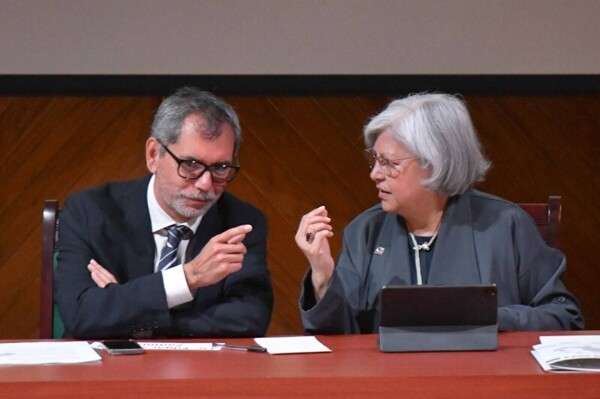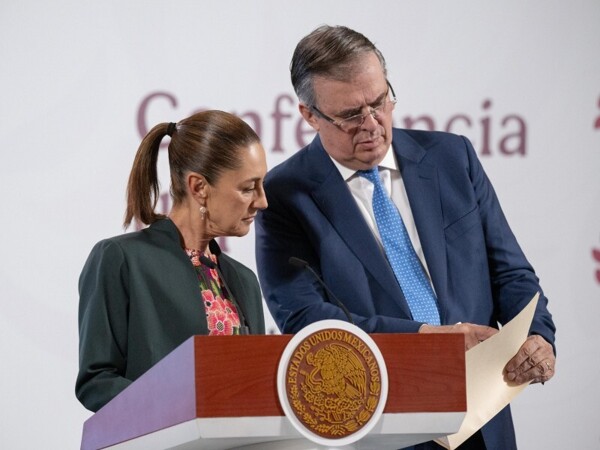
Two economists agree that, in Mexico, women still face an unequal labor market that perpetuates the wage gap. To close this gap, they propose recognizing and redistributing unpaid work, as well as implementing specific public policies to support married women, those with children, low-income individuals, and those without access to formal employment.
Virginia García, an academic at the Faculty of Economics (FE) of UNAM, emphasizes the importance of educating employers about the principle of 'equal work, equal pay.' She proposes improving women's access to education, equitably distributing domestic and caregiving work, strengthening public services like daycare, and extending support for the care of elderly or sick individuals.
According to García, the wage gap in Mexico is more than just an income issue, as it reflects a system that limits women’s economic autonomy, particularly for those who are married or have children. Discrimination in hiring also relies on unjustified stereotypes, resulting in limited job opportunities for women.
A study soon to be published analyzed 127,000 cases from the National Occupation and Employment Survey 2024 in Mexico. Using the Blinder-Oaxaca model corrected for selection bias, it was estimated that women face a wage gap mainly due to gender discrimination and a lack of available time to work.
Data reveals that, despite having similar educational levels to men, women earn 15% less for the same work. The availability of time to work, the overrepresentation of women in part-time or informal jobs, and the high burden of domestic work contribute to this inequality.
The research highlights the need for specific public policies that address the gender wage gap, promote equal employment conditions, and encourage equitable access to services, education, and resources for all individuals. The lack of recognition for unpaid work performed by women, both in the home and in the labor market, is a fundamental factor in the persistence of the wage gap in Mexico.














